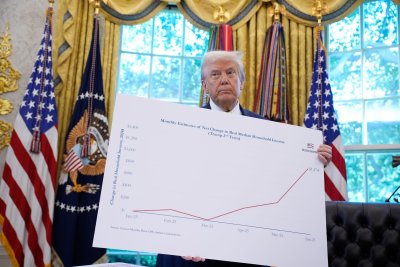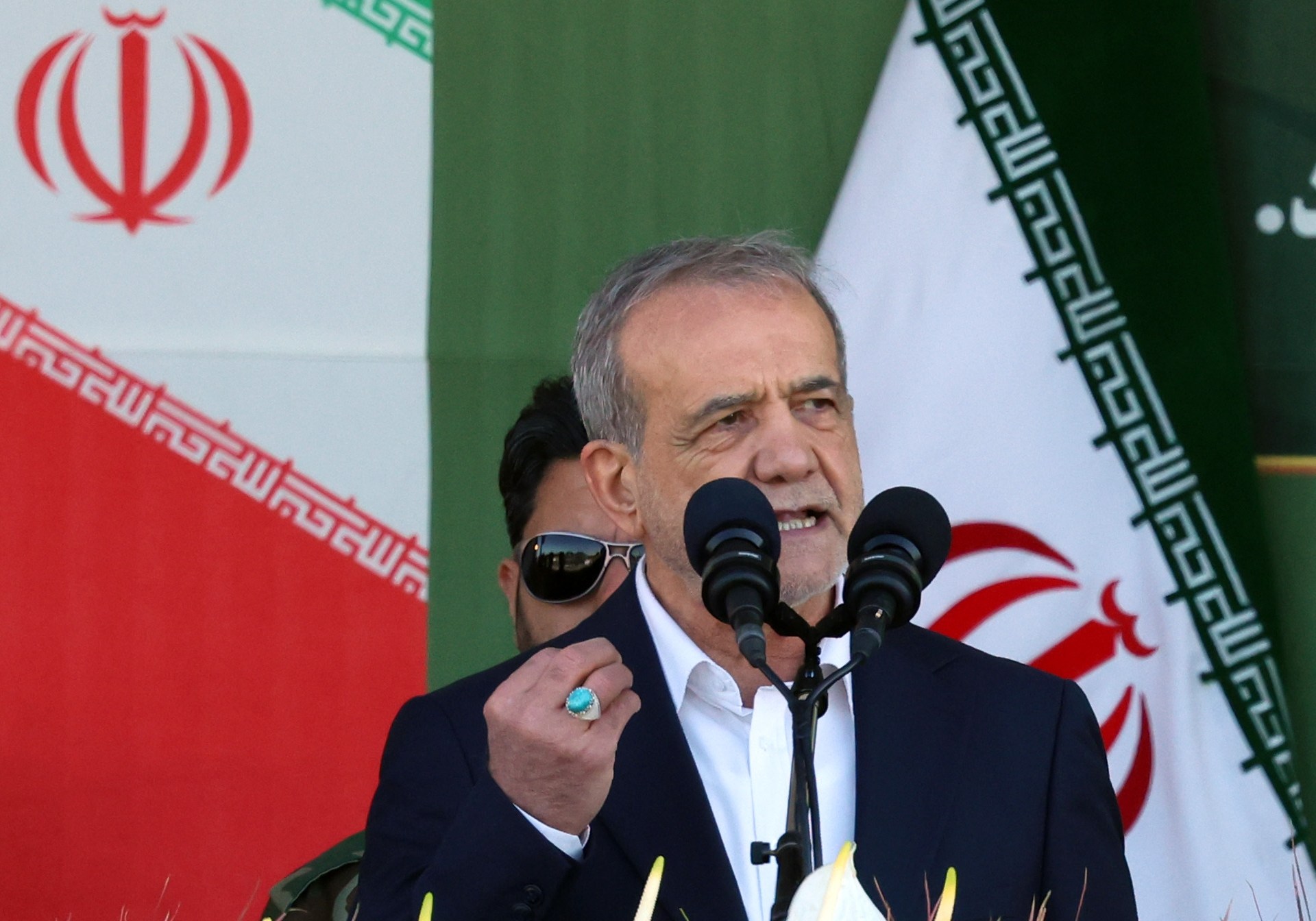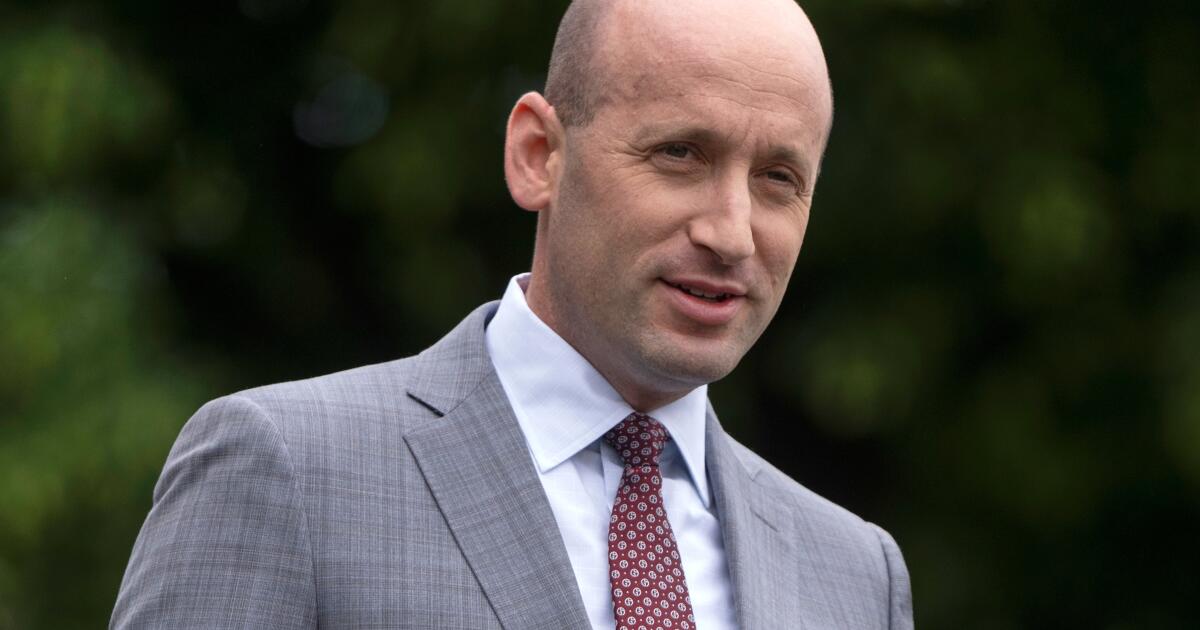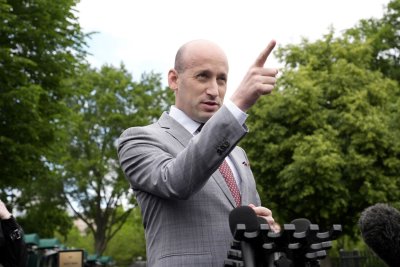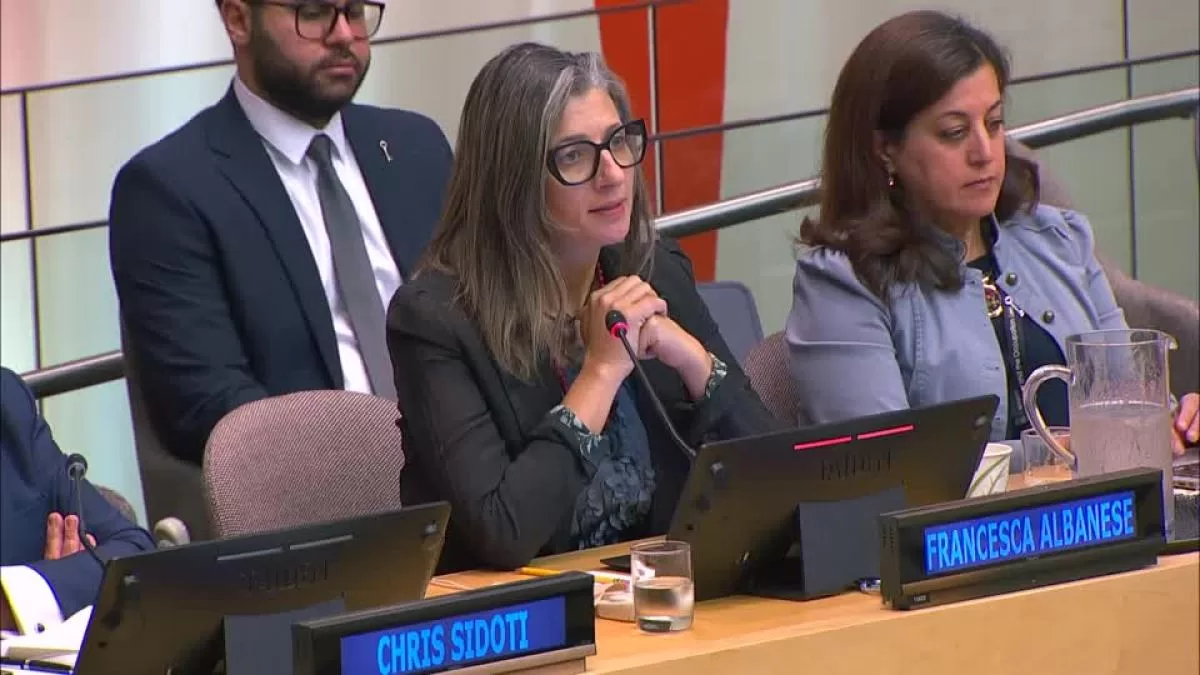Australia, Japan join countries suspending some parcel shipments to the US | Business and Economy News
Australia and Japan latest countries to stop some postal services to US for goods valued at less than $800.
Australia and Japan have joined a growing list of countries suspending some parcel shipments to the United States after US President Donald Trump’s administration ended an exemption that allowed packages valued at less than $800 to enter the country duty-free.
With the “de minimis” exemption set to end on Friday, Australia Post announced that it was implementing “a temporary partial suspension”.
In a statement on Tuesday, Australia Post said it was “disappointed” but the decision was necessary “due to the complex and rapidly evolving situation”.
Packages sent to the US and Puerto Rico lodged on or after Tuesday will not be accepted until further notice, the postal service said. Gifts valued at less than $100, letters and documents are unaffected by the change.
Australia Post said it would continue to work with the US and Australian authorities and international postal partners to resume services to the US soon.
Japan Post made a similar announcement on Monday, saying the suspension of some parcel shipments was necessary.
The procedures for transport and postal operators were “not clear”, which is “making implementation difficult”, Japan Post said.

Australian public broadcaster ABC said some businesses that make products in Australia have already suspended shipments, with Australian shipping software company Shippit saying it had seen a decline in shipments from Australia to the US even before the new changes came into effect.
“There’s been a 36 percent drop in volume since April in terms of outbound shipments from Australia to the US,” Shippit’s chief executive, Rob Hango-Zada, said, according to the ABC.
The announcements from Australia and Japan come after several European postal services announced similar changes last week, including Germany, Denmark, Sweden, Italy, France, Austria and the United Kingdom.
The UK’s Royal Mail said it would halt shipments to the US beginning on Tuesday to allow time for those packages to arrive before new duties kick in.
“Key questions remain unresolved, particularly regarding how and by whom customs duties will be collected in the future, what additional data will be required, and how the data transmission to the US Customs and Border Protection will be carried out,” DHL, the largest shipping provider in Europe, said in a statement.
Since returning to the White House in January, Trump has announced a rolling wave of tariffs, or taxes paid on goods imported into the US.
The changing nature of Trump’s tariffs, which vary from country to country and are different in some cases depending on which products are being imported, has added to the confusion for postal services.
Trump had already ended the “de minimis” exemption with China and Hong Kong on May 2, closing a loophole which was widely used by fast-fashion companies Shein, Temu and others to ship duty-free.
The tax and spending bill recently signed by Trump repealed the legal basis for the “de minimis” exemption worldwide starting on July 1, 2027.
Goods shipped through the postal system will now face one of two tariffs: either an “ad valorem duty” equal to the effective tariff rate of the package’s country of origin or, for six months, a specific tariff of $80 to $200, depending on the country of origin’s tariff rate.
